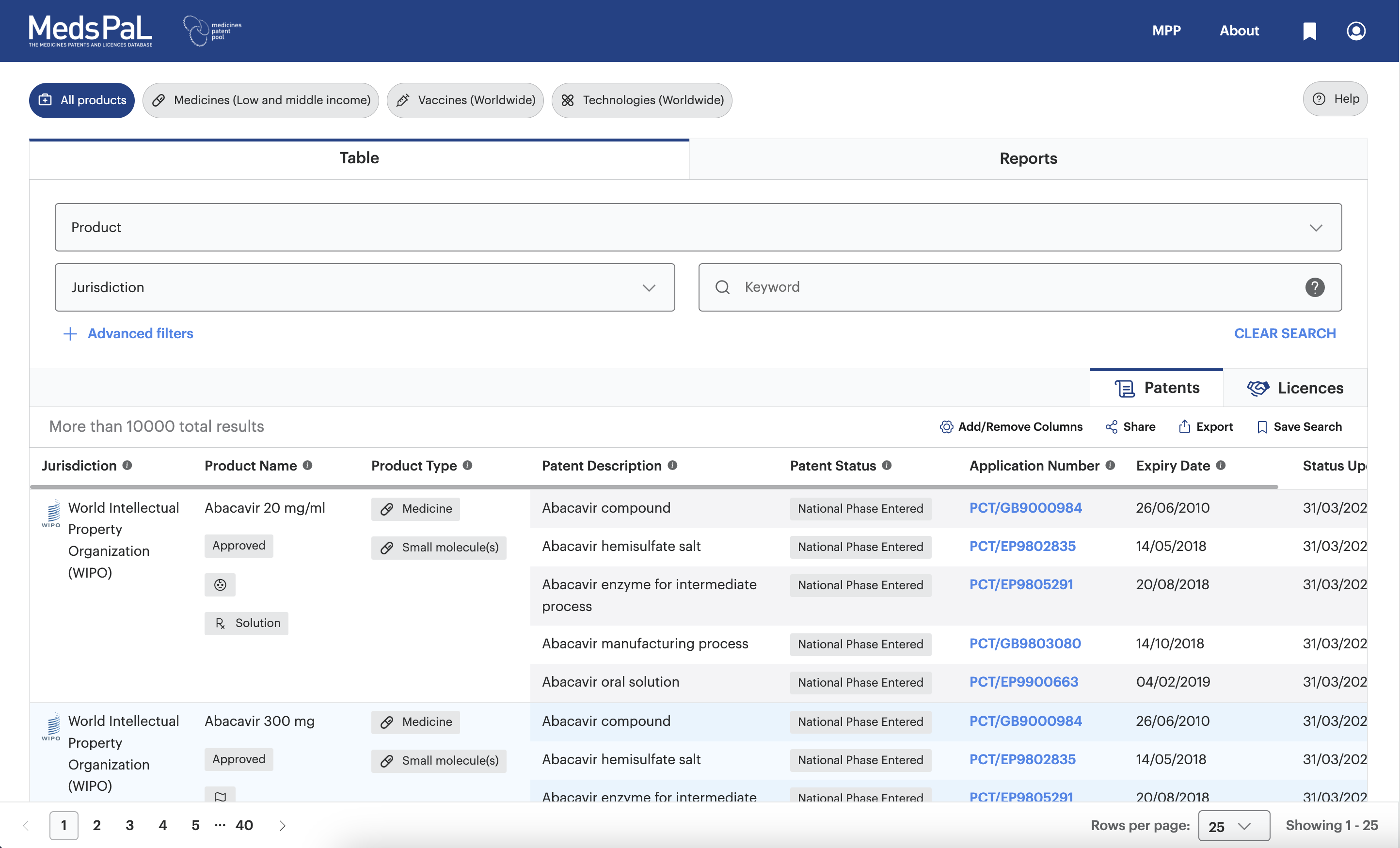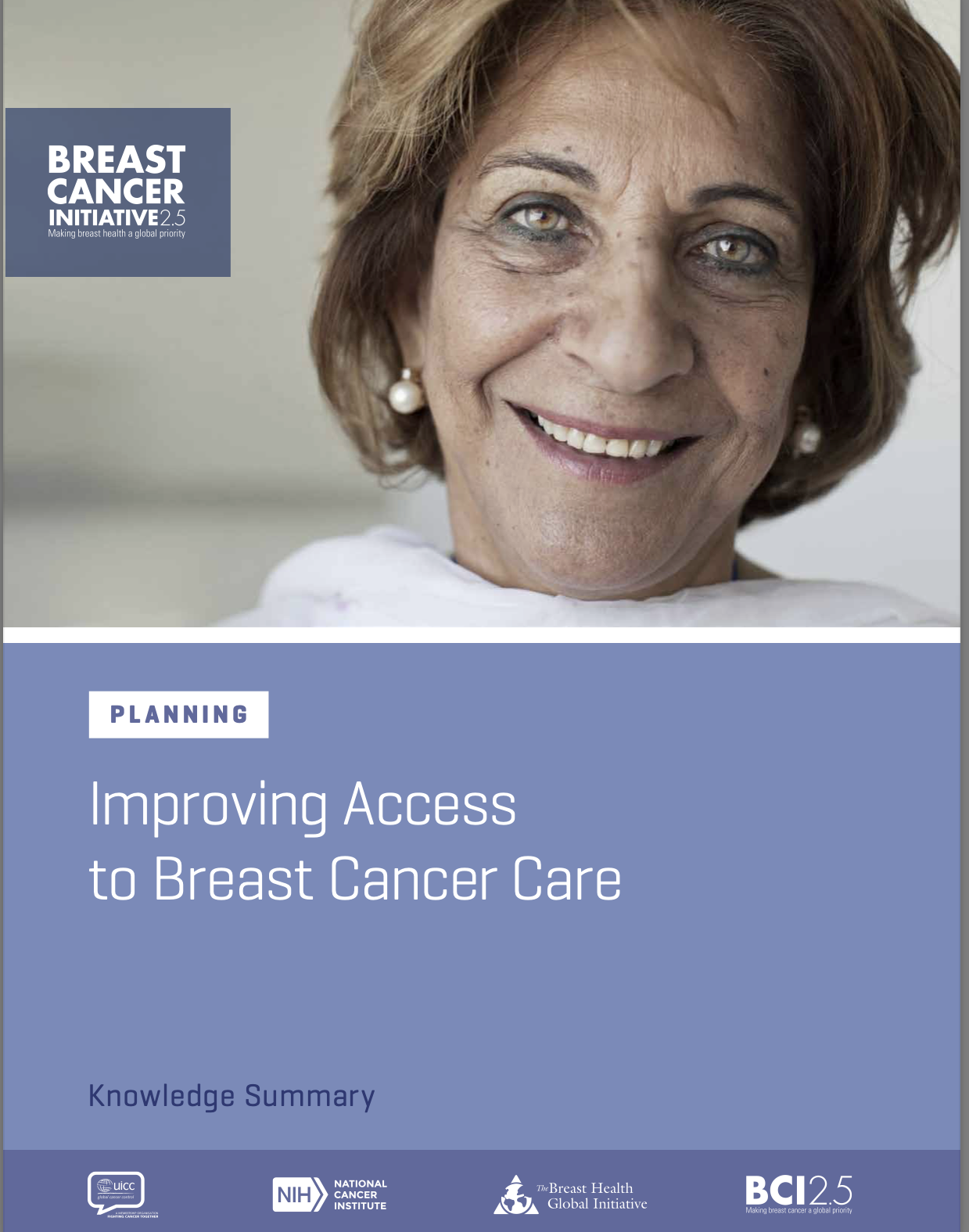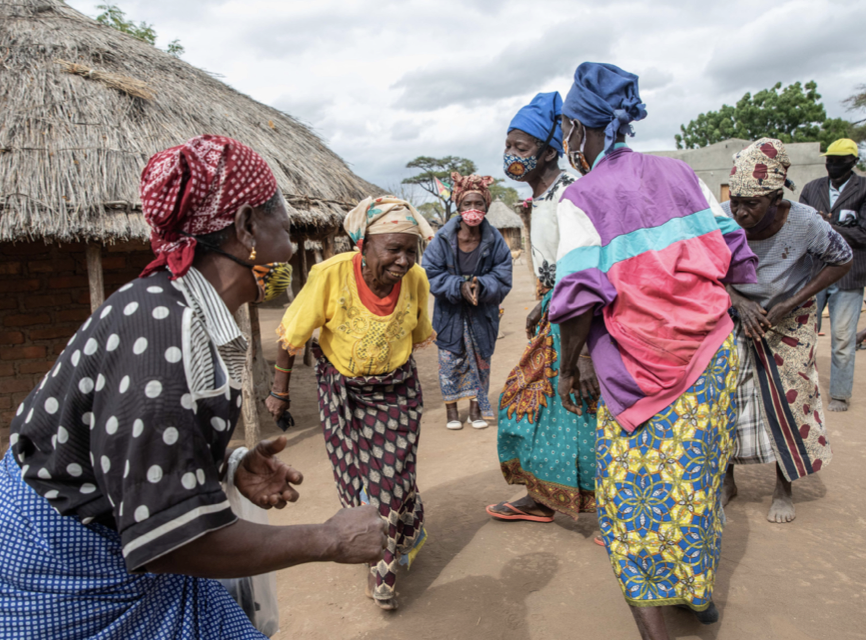Overview
Lung cancer is a type of cancer that starts when abnormal cells grow in an uncontrolled way in the lungs. It is a serious health issue that can cause severe harm and death.
Symptoms of lung cancer include a cough that does not go away, chest pain and shortness of breath.
It is important to seek medical care early to avoid serious health effects. Treatments depend on the person’s medical history and the stage of the disease.
The most common types of lung cancer are non-small cell carcinoma (NSCLC) and small cell carcinoma (SCLC). NSCLC is more common and grows slowly, while SCLC is less common but often grows quickly.
Lung cancer is a significant public health concern, causing a considerable number of deaths globally. GLOBOCAN 2020 estimates of cancer incidence and mortality produced by the International Agency for Research on Cancer (IARC) show as lung cancer remains the leading cause of cancer death, with an estimated 1.8 million deaths (18%) in 2020.
Smoking tobacco (including cigarettes, cigars, and pipes) is the primary risk factor for lung cancer but it can also affect non-smokers. Other risk factors include exposure to secondhand smoke, occupational hazards (such as asbestos, radon and certain chemicals), air pollution, hereditary cancer syndromes, and previous chronic lung diseases.
Information presented on this page has been replicated from the linked WHO fact sheet. Please always refer to the original source on who.int for the latest version. Last update: March 2024







